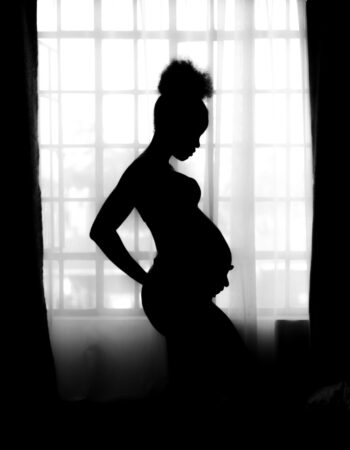We’ve got roughly three months left in 2020, and the coronavirus is still the world’s most unwelcome housemate. According to the experts (read: science), 2021 will bring back a lot more hope and normalcy, but for now the pandemic is far from over. While it might seem like 2020 was an “unreal” year—birthdays don’t count, and those 10,000 hours browsing through Netflix don’t either, right?—it has left its toll.
September is Suicide Prevention Awareness Month—in NAMI’s words: “A time to share resources and stories in an effort to shed light on this highly taboo and stigmatized topic.” Annually, nearly 800,000 people die due to suicide—and many more attemptit.
The following memoirs—just a handful of many—present people who have grappled with their demons and overcome horrific odds. These narratives are powerful and gut-punching, yet can offer invaluable advice, solidarity, and comfort.
Above all, they remind each of us: YOU ARE NOT ALONE.
- Willow Weep for Me, by Meri Nana-Ama Danquah: “The first book to focus on black women and depression … A powerful meditation on courage and a litany for survival.”
- Reasons to Stay Alive, by Matt Haig: “[An] accessible and life-affirming memoir of his struggle with depression, and how his triumph over the illness taught him to live.”
- Manic, by Terri Cheney: “A harrowing yet hopeful book … of what it’s like to live with bipolar disorder. It is a testament to the sharp beauty of a life lived in extremes.”
- Ten Ways Not to Commit Suicide, by Darryl “DMC” McDaniels: “Revealing how even the most successful people can suffer from depression, DMC offers inspiration, information, and insight.”
- An Unquiet Mind, by Kay Redfield Jamison: “One of the foremost authorities on manic-depressive illness; she has also experienced it firsthand … a memoir of enormous candor, vividness, and wisdom.”
Reading about other’s experiences can help give you a new perspective on life and awareness of how to support the people in our lives that may be going through a difficult time. So, don’t forget to reach out and stay in touch with friends and family especially during this time of isolation.
Click here for Resources for Suicide Prevention (by SAMHSA, the Substance Abuse and Mental Health Services Administration)
National Suicide Prevention Lifeline: 1-800-273-8255
Crisis Text Line: Text 741-741 from anywhere in the U.S.



Leave a Reply